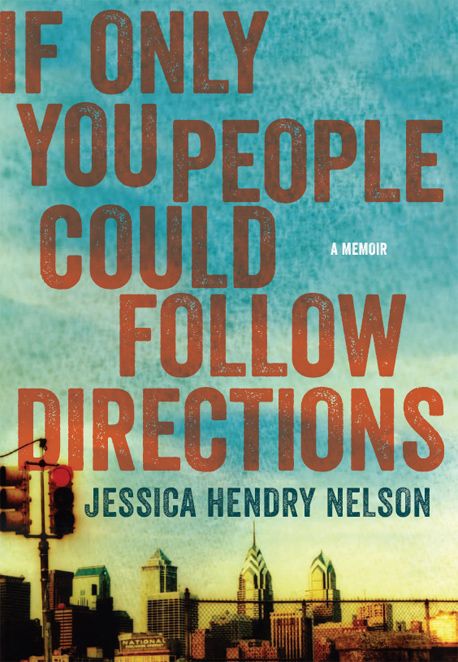
If Only You People Could Follow Directions
A Memoir
کتاب های مرتبط
- اطلاعات
- نقد و بررسی
- دیدگاه کاربران
نقد و بررسی

September 23, 2013
Nelson, an editor at Fiddleback literary journal, writes in stark, harrowing detail about the devastation alcohol and drugs have inflicted on her family over the years. Her alcoholic father begins an endless cycle in and out of rehab, hospitals, and jail while she and her younger brother are only in grade school. She recalls one particular night when her mother bundles them up to get their dad after he’s smashed his truck. As her father gets into the car, covered in blood and broken glass, he hands the kids candy. His legacy is a daughter who wants “to be held so badly I shake like a hooked fish” when she gets a rare hug from someone, turning to sex and drugs as a teenager; and a son who smokes pot at age 12 and is ultimately diagnosed as bipolar on his way to building a rap sheet. Their mother, no stranger to alcohol use herself, is trying to hold the household together and only has time for her son as he steadily self-destructs. Nelson is gifted student with an escape hatch—going off to college. Although her family’s struggle to break out of the pattern of addiction and enabling is not an easy one, as Nelson strives to find balance and peace, she manages to offer hope that survival is possible.

Starred review from November 1, 2013
It takes a virtuoso writer to make another familial memoir of addiction seem as vital and compelling as this stunning debut does. Where most memoirs have more of a novelistic, chronological continuity, Fiddleback senior nonfiction editor Nelson structures this book as a series of autobiographical essays, most of which could stand on their own; they are the nonfiction equivalent of a series of interconnected short stories. That form perfectly suits her story of a family in which "the roles have been pre-prescribed, written into our DNA." The father will die young after long absences in jail or rehab or another relapse after a short stretch of sobriety. The mother will also self-medicate as she tries to sustain the illusion of family, one that is always falling apart. The son will inherit "the dead father's legacy, this disease," and is often missing and feared dead. The older sister will write this memoir after studying abroad, falling in love, earning her MFA in creative writing, teaching college, publishing in a number of highly regarded journals and maintaining a facade that masks her genetic code: "We are an imperfect people, full of contradictions. Do as I say, not as I do. That sort of thing. Outsiders see me as the most put together, but I harbor a secret: I am just better at faking it. I make it through the day." Yet some days have been a whole lot tougher to make it through, to sustain a sense of "my real life, the one outside the theater of my brother's addiction." As it does in the cycles of recovery and relapse, prison and release, chronology jumbles, and verb tenses shift. The book's excellent centerpiece, "A Second of Startling Regret," unravels the family dynamic and illuminates the "self-sabotaging brain." Even the occasional misstep into writerly precocity--"There is something heroic about fishermen--all that faith in the dark"--can't compromise the author's unflinching honesty and her story's power. An unforgettable debut.
COPYRIGHT(2013) Kirkus Reviews, ALL RIGHTS RESERVED.

November 1, 2013
In her first book, Nelson relates the story of her troubled family in a series of interconnected personal essays. Growing up near Philadelphia, Nelson rarely saw her father, who was caught in a cycle of prison, rehab, and relapse due to his acute alcoholism. Nelson also found herself drawn to drugs, spending much of her early life using marijuana with her mom and brother or stealing Ritalin from an acquaintance. Nelson's little brother, Eric, was diagnosed as bipolar, an internal imbalance that seems to plague the whole family and that they all manage with self-medication. Nelson is desperate for the ability to fix her loved ones' problems even as she knows she can't save thema state of limbo from which she must eventually, painfully, choose to emerge. While essays don't follow the family chronologically, Nelson uses their order to illuminate her emotional evolution, which will prove reassuring and perhaps instructive to readers interested in overcoming similar hardships.(Reprinted with permission of Booklist, copyright 2013, American Library Association.)

























دیدگاه کاربران